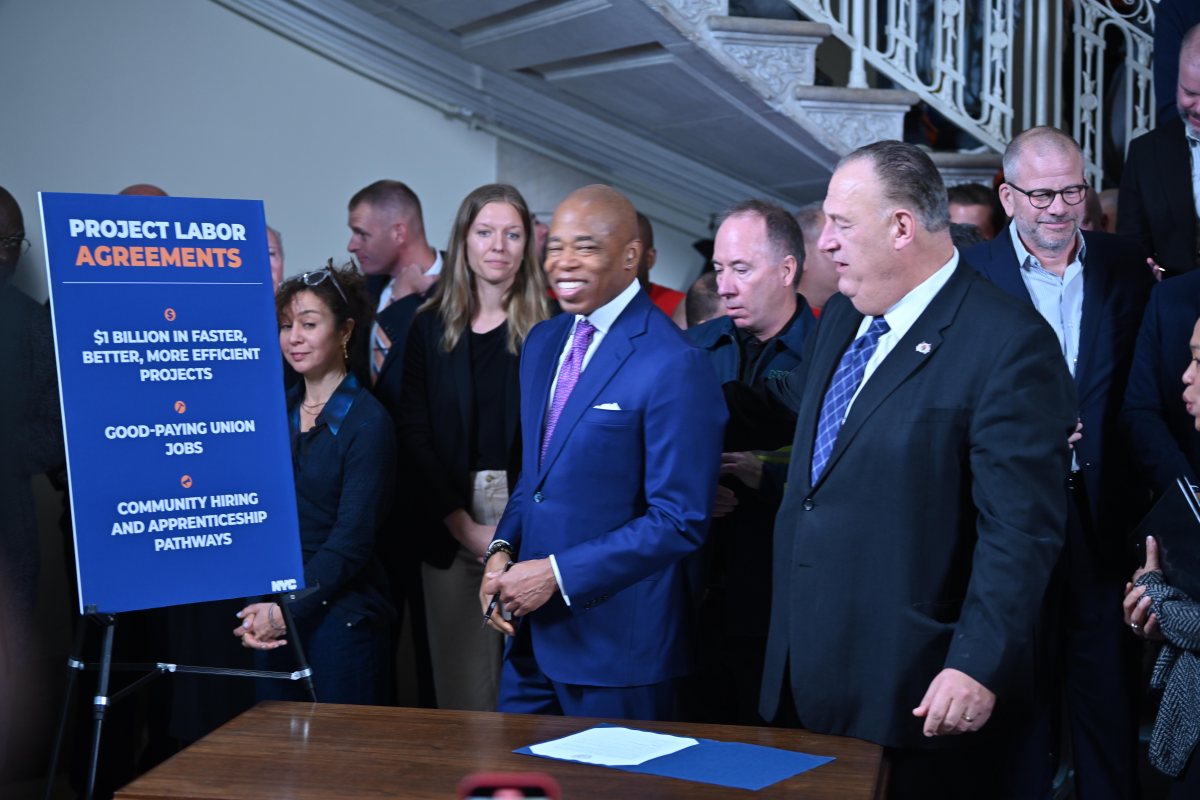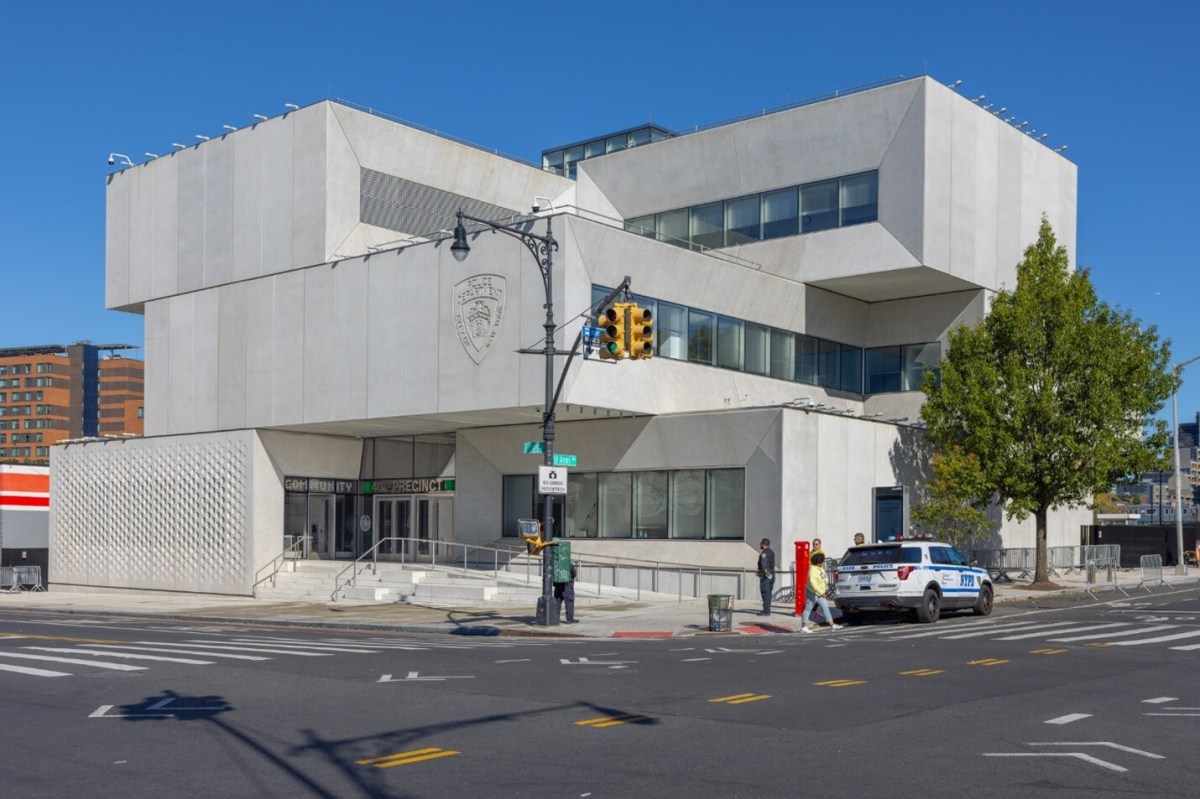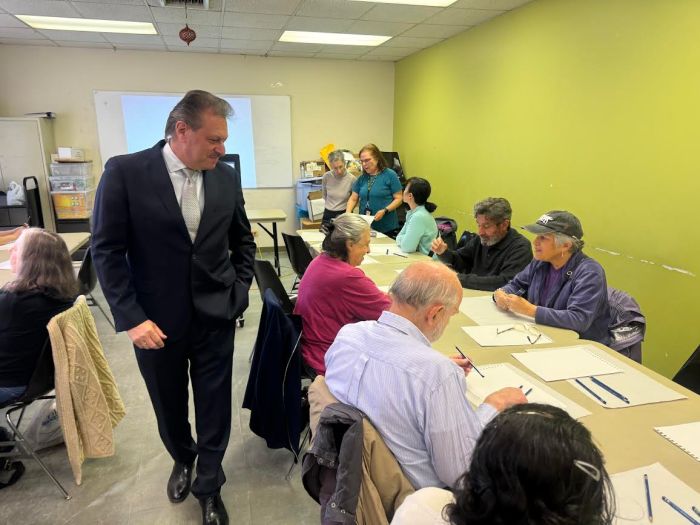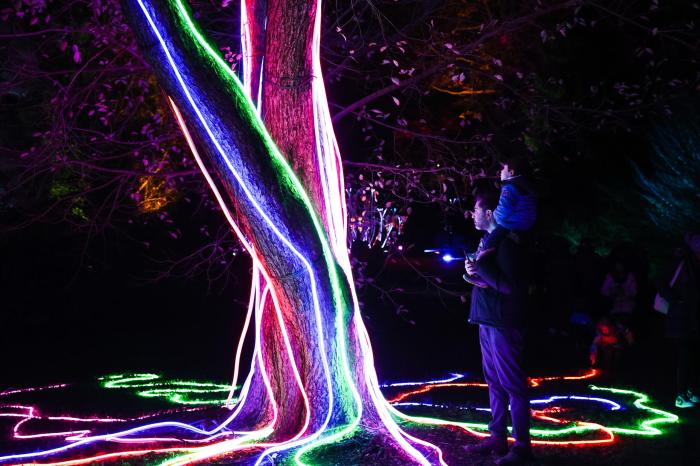Carol Ann Caronia knows potential when she sees it. After a career teaching chess to young children in city schools and programs, she’s worked with kids who’ve won national championships before graduating high school. Talented children, knowledgeable about the rules and moves even soon after kindergarten.
But then there was Fabiano Caruana.
He came to her after-school class at Park Slope’s Congregation Beth Elohim sometime around 1997. He was about 5 years old, a “very serious child.” Other kids, even the good ones, wanted to talk or fool around, make friends. That wasn’t Caruana’s style. “He was there to win the game.” When he did, he didn’t do a dance of joy: He just won.
It became a habit. Last month, he won an international qualifying tournament and will challenge for the world championship in the fall — the first American-born player to do so since the legendary Bobby Fischer in 1972.
It’s been a long road for the poised young child with both American and Italian citizenship, whose chess beginnings trace back to that after-school program.
He already knew the basics of chess, but the Congregation Beth Elohim program provided more formal training. Caruana’s even-tempered, no-nonsense style met his teacher’s own — she only allowed eager parents into her classroom once a semester, and even then required them to stay at least six feet from their child’s board.
During that period, Caruana exhibited what the teacher calls “total dedication”: few distractions from chess like sports, sleepovers or vacations.
“He was an incredible talent,” says Bruce Pandolfini, a world-famous chess teacher and New Yorker who Caronia brought on to work with the young prodigy. Pandolfini says he met the boy in Brooklyn, played a few games and asked questions. Caruana didn’t talk much, though he exhibited clear warmth: “He was very intent.”
Soon Pandolfini was tutoring Caruana at his home for 90- to 120-minute sessions, focusing on endgame work, analyzing many turns ahead — long, punishing sessions for a child, but it didn’t bother Caruana. “He loved chess,” says Pandolfini, “You have to love the game. If you love it, it loves you back a little.”
In 2004, after reportedly carrying along Beanie Babies to chess tournaments for good luck and routinely winning trophies bigger than his body, Caruana’s family moved to Europe where the chess world was a little bigger. When he was 14 years old in 2007, he became the youngest grandmaster in American history (a speed record since bested). Now 25, he is known for being a prodigious calculator, says Pandolfini, seeing very deeply to later positions. He still exhibits the quality of being “cool under fire.” He will likely need it all when he meets Norwegian prodigy Magnus Carlsen, who defended his title against Russian Sergey Karjakin in New York City in 2016.
Win or lose, that will be the highlight of Caruana’s career thus far. But the most crucial part of that career arguably took place years ago in New York City, where Caruana lived through the formative learning period that can be the downfall of promising chess players.
You’re still a child; you don’t like to lose, yet you lose often. Add that to the gritty and competitive nature of chess in this city. You’re playing people by far your senior, whether outside at Union Square or Bryant Park or in the revered rooms of the hundred-year-old Marshall Chess Club in Manhattan.
Those who can’t handle it drop out or play their last tournaments, but those like Caruana who are serious enough, focused enough, sure enough, continue on. They emerge “battle-hardened,” says Pandolfini. Tested. Ready, perhaps, sometime in the future in some other city, to become the best in the world.
Correction: This post has been updated to correct the year when Magnus Carlsen defended his title against Russian Sergey Karjakin.

































